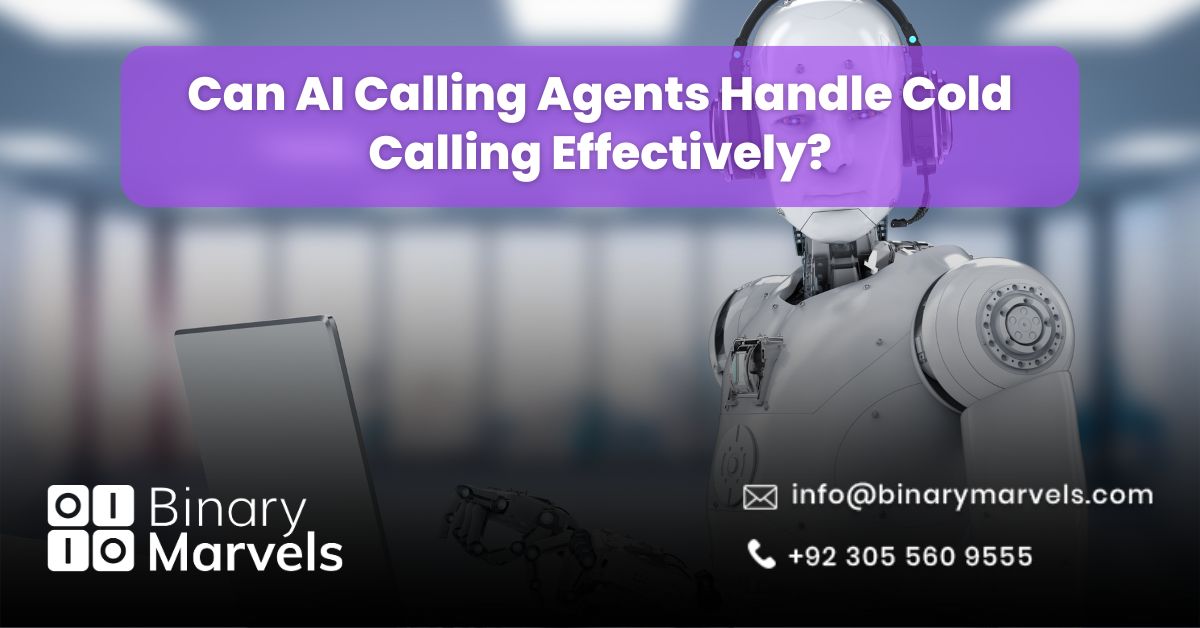
Are you struggling to choose the right AI vendor for your business?
With AI rapidly transforming industries, from customer service to supply chain management, selecting the right vendor is more critical than ever. The wrong choice can lead to wasted resources, poor integration, and missed opportunities, while the right partner can accelerate your digital transformation and give you a lasting competitive edge.
Choosing an AI vendor for your business requires more than just comparing features; it demands a clear understanding of your goals, the vendor’s capabilities, and long-term alignment.
8 Keys When Choosing an AI Vendor for Your Business
1. Define Your AI Goals and Business Needs
Before approaching any AI vendor, it’s essential to have a clear understanding of what you want to achieve. Are you looking to automate repetitive tasks, improve customer experience, optimize data analysis, or implement predictive modeling?
Having well-defined business goals allows you to evaluate vendors based on their ability to deliver specific outcomes. It also helps you avoid overpaying for complex solutions you don’t need or underestimating the capabilities required for your objectives.
Ask yourself:
- What specific problems do we want AI to solve?
- How will success be measured?
- Do we need a custom solution or an off-the-shelf product?
Clarity in your business goals ensures a more productive conversation with potential vendors and leads to better long-term results.
Also Read: Why Voice Agents Outperform Humans on Certain Tasks?
2. Evaluate Technical Capabilities
Not all AI vendors offer the same level of technical expertise or tools. Some may specialize in natural language processing (NLP), while others focus on machine learning, computer vision, or predictive analytics. Understanding their core technologies is crucial to ensuring their solutions align with your project needs.
Look for:
- The types of AI models they use (supervised, unsupervised, deep learning, etc.)
- The flexibility of their platform (customization, APIs, integrations)
- Their ability to handle your data format, volume, and complexity
Ask vendors for technical documentation, product demos, and real-world use cases. A vendor with strong technical capabilities will be transparent, able to explain their approach, and willing to adapt their solution to your business environment.
3. Check for Industry-Specific Experience
AI isn’t one-size-fits-all. A vendor with experience in your specific industry is more likely to understand your challenges, compliance requirements, and customer expectations. They’ll also have a better idea of which AI applications are most impactful in your field.
For example:
- In retail, AI might focus on demand forecasting or customer segmentation.
- In healthcare, it could involve patient data analysis and diagnostic support.
- In finance, the emphasis may be on fraud detection or risk assessment.
Ask potential vendors:
- Have they worked with companies similar to yours?
- Can they provide relevant case studies or references?
- Do they understand industry regulations and data sensitivity?
Choosing a vendor familiar with your industry helps reduce the learning curve, speeds up deployment, and increases the chances of success.
4. Assess Data Handling and Privacy Policies
Your AI solution is only as strong as the data behind it—and how securely that data is managed. When evaluating vendors, pay close attention to how they collect, store, process, and protect your business data.
Key considerations include:
- Data security standards (encryption, access control, data segregation)
- Compliance with regulations like GDPR, HIPAA, or your local data laws
- Data ownership – make sure you retain full rights to your data and outputs
- Deployment options – do they offer on-premises, cloud, or hybrid solutions?
Ask vendors:
- What measures are in place to protect sensitive data?
- Do they have third-party security certifications (e.g., ISO 27001)?
- Can they support your internal compliance requirements?
A trustworthy AI vendor will be transparent about their data policies and committed to safeguarding your information at every step.
Also Read: Voicebot vs Callbot vs AI Voice Agent: Key Differences Explained
5. Analyze Integration and Scalability Options
An AI solution that can’t integrate with your existing systems—or scale with your business—isn’t a smart investment. Seamless integration reduces disruption, speeds up deployment, and ensures your team can adopt the technology without major workflow changes.
Things to evaluate:
- Compatibility with your current tech stack (ERP, CRM, cloud platforms, APIs)
- Ease of integration – does it require heavy customization or minimal configuration?
- Scalability – can the solution handle increasing data volumes and user demands as your business grows?
Ask vendors:
- What integration support do they provide?
- Are their systems modular and flexible?
- Can they demonstrate successful large-scale deployments?
The right AI vendor should offer a solution that fits into your ecosystem today and grows with you tomorrow.
6. Review Transparency and Explainability
In many industries, especially those dealing with sensitive data or regulatory oversight, it’s critical to understand how an AI system makes decisions. A vendor that offers transparency and explainability can help build trust among users, stakeholders, and customers.
Look for:
- Clear explanations of how the AI models work
- Access to decision logs or audit trails
- Tools for interpreting AI outputs in a human-readable format
Ask the vendor:
- Can end-users understand how decisions are made?
- How do they handle bias or unexpected behavior in the models?
- Do they support explainable AI frameworks?
Choosing a vendor that values transparency ensures that your team can confidently interpret and act on AI-driven insights.
7. Evaluate Customer Support and Training
The level of support you receive after implementation is just as important as the technology itself. A good AI vendor will provide onboarding, training, and ongoing assistance to ensure your team can use the system effectively.
Consider:
- Availability of dedicated account managers or support teams
- Access to documentation, tutorials, and knowledge bases
- Training programs for technical and non-technical users
- Service-level agreements (SLAs) for issue resolution
Ask the vendor:
- What does post-deployment support look like?
- Is there a dedicated support team for your business?
- Do they offer customized training sessions?
Strong customer support helps reduce downtime, speeds up adoption, and ensures you get the maximum value from your AI investment.
8. Compare Pricing Models and ROI
Cost is a major factor when choosing an AI vendor, but it shouldn’t be the only one. Focus on value over price by understanding what you’re paying for and how it contributes to your business goals.
Look at:
- Pricing structures (subscription, pay-as-you-go, enterprise licensing)
- What’s included (support, updates, customizations)
- Flexibility for scaling usage up or down
- Estimated return on investment based on similar case studies
Ask the vendor:
- Can they provide a detailed pricing breakdown?
- Are there any hidden costs or long-term contracts?
- What ROI have similar businesses achieved using their solution?
A clear, transparent pricing model paired with measurable business outcomes will help you make a confident and cost-effective decision.
Also Read: Why Your Business Needs an AI Agent for Outbound Calls?
Bonus Tip: Ask for a Pilot Project or Demo
Before committing to a long-term contract, ask the vendor for a demo, free trial, or pilot project. This allows you to evaluate the solution’s performance using your real data and within your actual environment.
A pilot can help you:
- Test core features and integrations
- Validate AI accuracy and relevance to your use case
- Assess ease of use and team adoption
- Identify any technical or operational gaps early
A reputable AI vendor will be open to running a short-term proof of concept. It’s a low-risk way to make sure the solution delivers what it promises before making a full investment.
Also Read: Top 10 AI Companies in Pakistan
Conclusion
Choosing the right AI vendor for your business is a strategic decision that requires careful evaluation. From defining your goals and assessing technical capabilities to ensuring strong data security and long-term support, every factor plays a role in the success of your AI adoption.
To recap, here are the 8 keys to keep in mind:
- Define your AI goals and business needs
- Evaluate technical capabilities
- Check for industry-specific experience
- Assess data handling and privacy policies
- Analyze integration and scalability options
- Review transparency and explainability
- Evaluate customer support and training
- Compare pricing models and ROI
Taking the time to evaluate each of these areas will help you select an AI vendor that aligns with your vision, supports your growth, and delivers measurable results.
Supercharge Your Business with AI Today!
As a trusted AI Development Company in Pakistan, we deliver cutting-edge AI Development Services designed to streamline your operations and enhance customer engagement.
Don’t wait—connect with us now and take your business to the next level!









